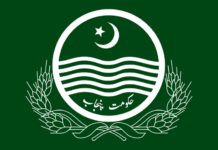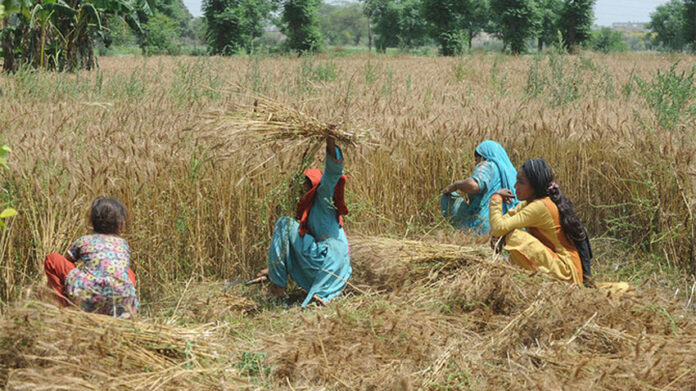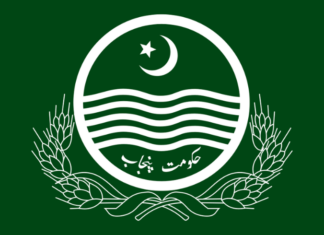ISLAMABAD: The Ministry of National Food Security and Research has merged the Department of Plant Protection and the Animal Quarantine Department to form the National Agri-Trade and Food Safety Authority, or NAFSA.
The move is aimed at aligning Pakistan’s agricultural trade with international food safety and phytosanitary standards.
NAFSA is designed to serve as a single, data-driven authority responsible for enforcing Sanitary and Phytosanitary compliance and supporting agricultural production through better regulation and access to quality inputs. The Department of Plant Protection was originally created under the International Plant Protection Convention, while the Animal Quarantine Department focused on preventing the entry of animal diseases.
Officials said the new body reflects the ministry’s broader goal of building sustainable export systems and improving Pakistan’s global standing in agricultural trade. The new authority will replace old systems with a technology-based structure.
While the Department of Plant Protection has performed relatively better in plant health, the Animal Quarantine Department faced challenges due to staffing shortages. Sources noted that it remains unclear whether NAFSA will take over responsibility for locust control, which was previously handled by the Department of Plant Protection.
The merger is part of a wider set of reforms led by Minister for National Food Security and Research Rana Tanveer Hussain. Over the past six months, the Department of Plant Protection has carried out a number of measures to improve regulation and operational performance.
These steps include infrastructure upgrades, improved testing laboratories, and tighter oversight of import processes.
A major part of the reform has been the revision of import regulations based on scientific evidence. This has resulted in a sharp reduction in the use of Methyl Bromide, a pesticide previously applied in many shipments without proper justification.
The shift has led to cost savings of Rs30,000 to Rs40,000 per container, especially in imports of cotton, grains, pulses, and lentils. Industry groups have supported the change as a step toward better pesticide use and environmental protection.
In a related enforcement action, the ministry conducted an internal audit and found that one company had been importing Methyl Bromide from a suspicious source. An investigation followed, including third-party checks and verification of documents. The company’s license was suspended for breaking regulations.
Four pending shipments worth about $1 million were stopped at the port in coordination with Pakistan Customs before they could be cleared.
Officials said the enforcement steps prevented the possible entry of unsafe substances and showed the ministry’s strict position against malpractice. Disciplinary action is also underway against officials linked to the case.
The minister said that Pakistan’s agriculture and quarantine systems will be brought in line with international standards and added that anyone involved in wrongdoing will face consequences. He said that stopping the attempted scam reflects the government’s commitment to transparency and proper regulation.























